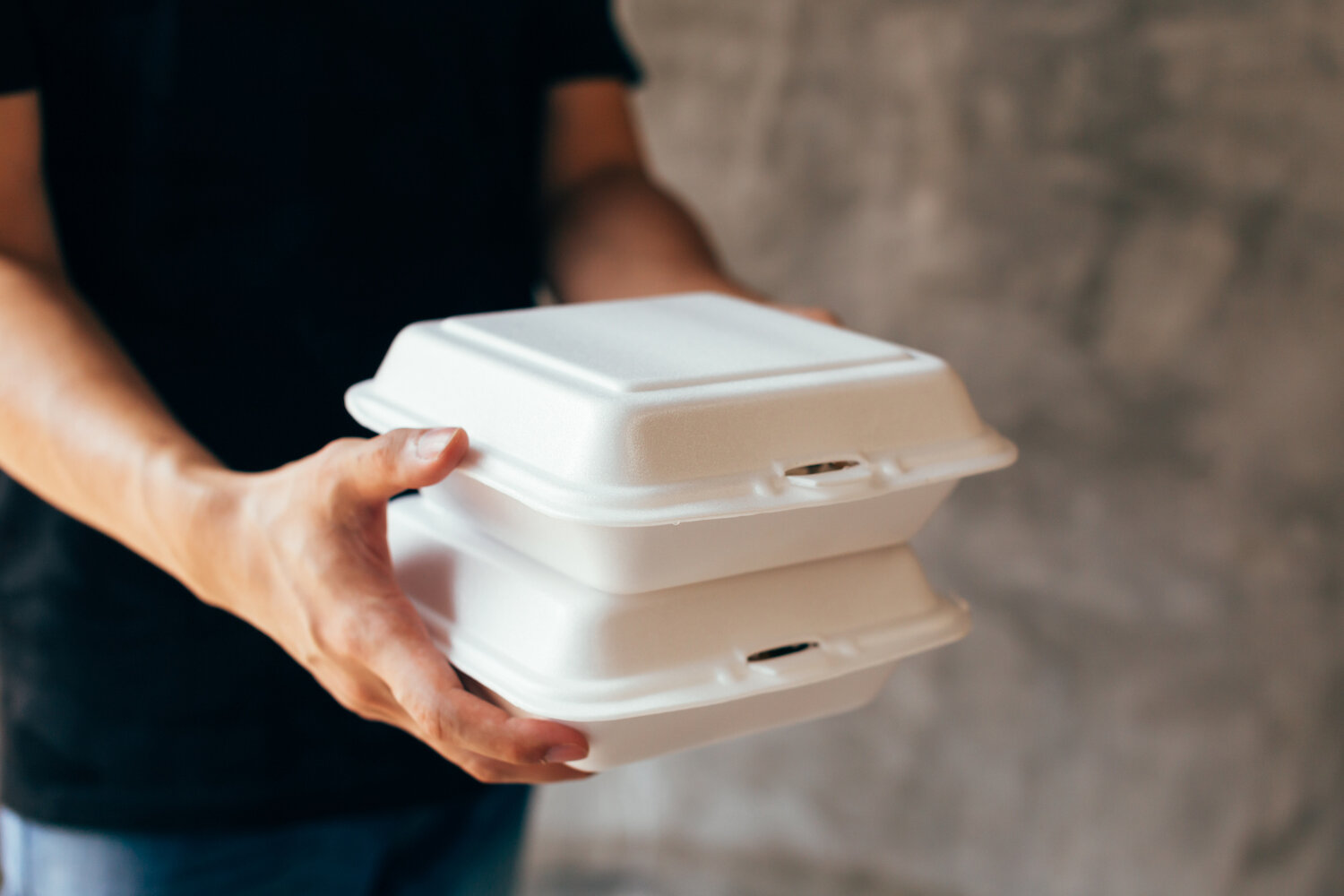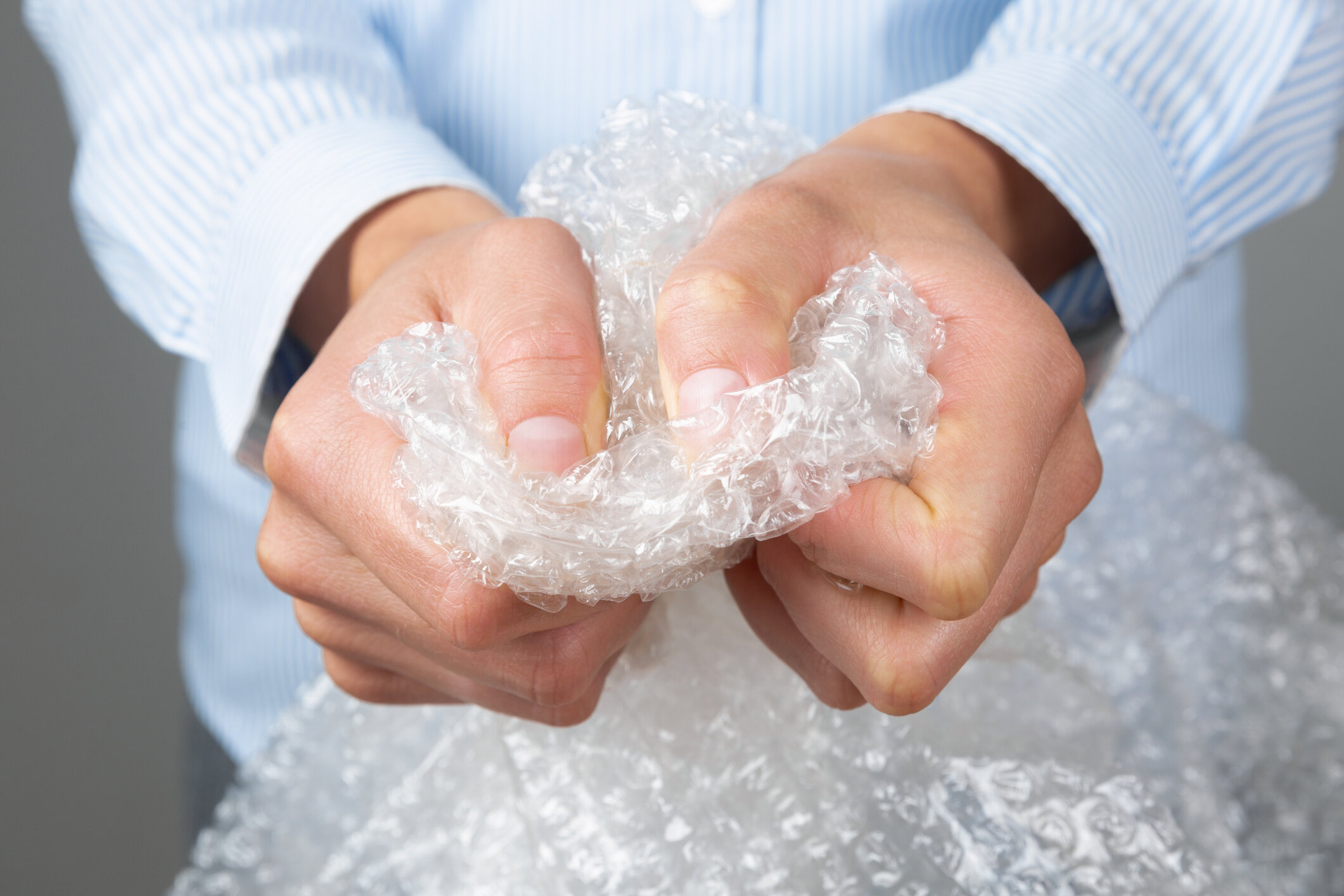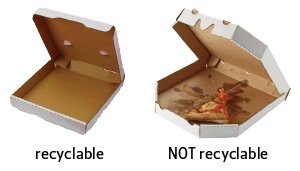As much as we would like it to be true, not everything can be recycled.
Recycling regulations and systems vary from country to country and even from municipality to municipality.
It’s essential to know about what cannot be recycled because these items will end up in a landfill, burned or in the ocean.
While we can all agree that not creating waste in the first place is the ideal solution, recycling is the most environmentally friendly way to treat the waste we create.
Unfortunately, recycling practices can change a lot from country to country and even from city to city.
There are a ton of rules when it comes to what can and can't be recycled, and those little symbols on products don't always make it clearer.
Because it’s so complicated sometimes we end up doing more damage than good by placing unrecyclable items in the recycling bin. And, while this may seem like an innocent mistake, unrecyclable items can damage whole batches of recyclable materials and even cause entire recycling centers to shut down.
“Unrecyclable Items Can Damage whole Batches of Recyclable Materials and even Cause Entire Recycling Centers to Shut Down”
To prevent this from happening, it’s important to educate our can ourselves on the items that can’t be recycled. So, here we go with a list of the top items that are (almost) never recycled:
GROCERY BAGS
The elephant in the room, plastic bags. If tossed in a recycling bin, these will end up with other plastics but can cause many problems at recycling facilities since they often get stuck and cause damage to recycling equipment. For example, At the Recycling Technology Center in Washington, operators are forced to halt operations almost every two hours to flush the system of plastic bags. This is why almost all curbside recycling programs do not accept plastic bags.
STYROFOAM
Styrofoam is usually used for take-away containers. These should always be avoided, and is one of the most commonly-known non-recyclable materials. It's made of polystyrene, a material that isn't biodegradable. The best solution is to avoid Styrofoam altogether in favor of more earth-friendly materials. There may be some facilities near you that accept it, though.
With the advent of the pandemic, take-away boxes have become incredibly popular.
BUBBLE WRAP
Although bubble wrap is slowly disappearing, in the past if you ordered a package online - chances are that you encountered this magical plastic packaging material.
Unfortunately, the thin film in many bubble wraps’ can get tangled in recycling machines.
In addition, bubble wrap is so light that it’s not uncommon to see it flying around. Needless to say, there are high chances this flying material will find its way into the ocean.
We all loved to pop them as children, but bubble wraps are better to be avoided.
PIZZA BOXES
Pizza boxes are technically recyclable and are often made with recycled paperboard.
However, if you notice they are very dirty and with pieces of food all over them, then it’s better to place them in the garbage.
On the contrary, If you have a pizza box completely free of grease and cheese, go for the recycling bin 😉
TAKEAWAY COFFEE CUPS
This might be hard to hear because they are so diffused, but takeaway coffee cups are not recyclable. While mostly made from paper, paper cups can’t be recycled because they’re actually coated in plastic—as little as five percent per cup. For this reason, they don’t get broken down into pulp and turned into recycled paper. And when they still manage to be recycled, there’s just not much of a market for them, which means soda fountain cups, coffee cups, and so on all end up getting landfilled.
USED NAPKINS
Paper towels, napkins, paper plates, and tissues are all paper products but unlike most paper items, they cannot be recycled. Just like pizza boxes, these items come in contact with food wastes, greases, and possibly bodily fluids, and are hard to "clean" during the recycling process. For this reason, they shouldn’t be with other "clean" paper waste like magazines and copy paper. Always throw them into the trash!
PAPER RECEIPTS
Let’s make this clear: paper receipts are not recyclable. Because they're printed on thermal paper, they contain a chemical called bisphenol-A. This chemical cannot be easily removed from the paper during the recycling process, so paper receipts are not recycled. To avoid contaminating other paper products in the recycling stream, the safest method is to throw receipts in the trash!
Paper receipts contain a chemical called bisphenol-A that make them unrecyclable
We hope this list can help you make better-informed decisions during your shopping!
Don’t forget to share this article with your friends or relatives to spread the knowledge!
And If you want to know more about which plastic types are recyclable and which aren’t, click here.















